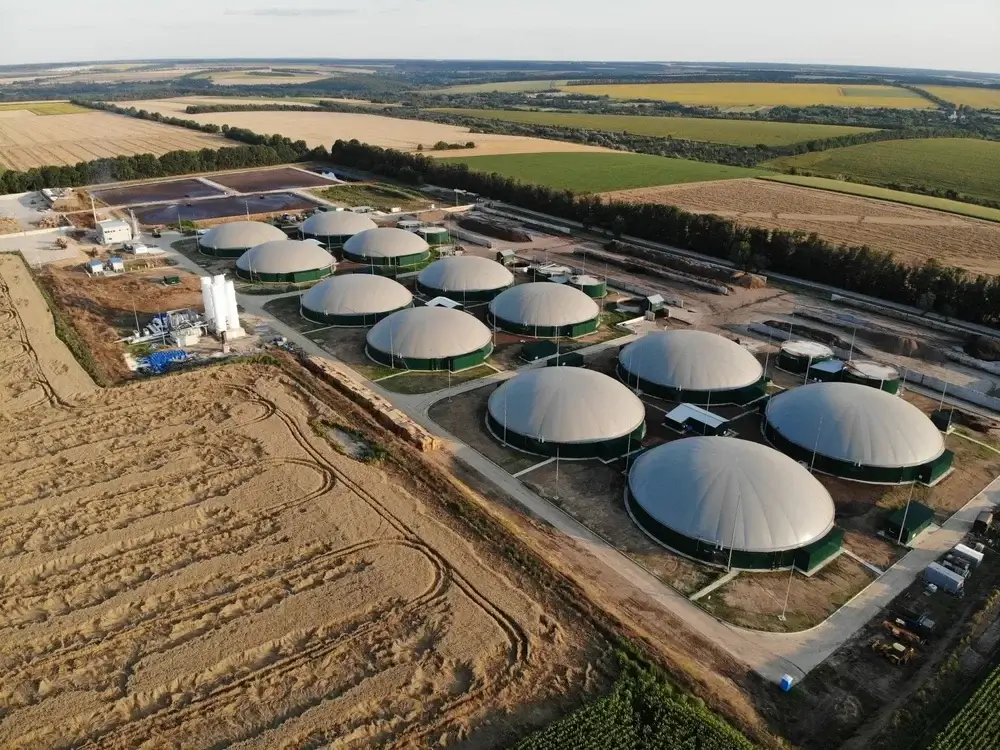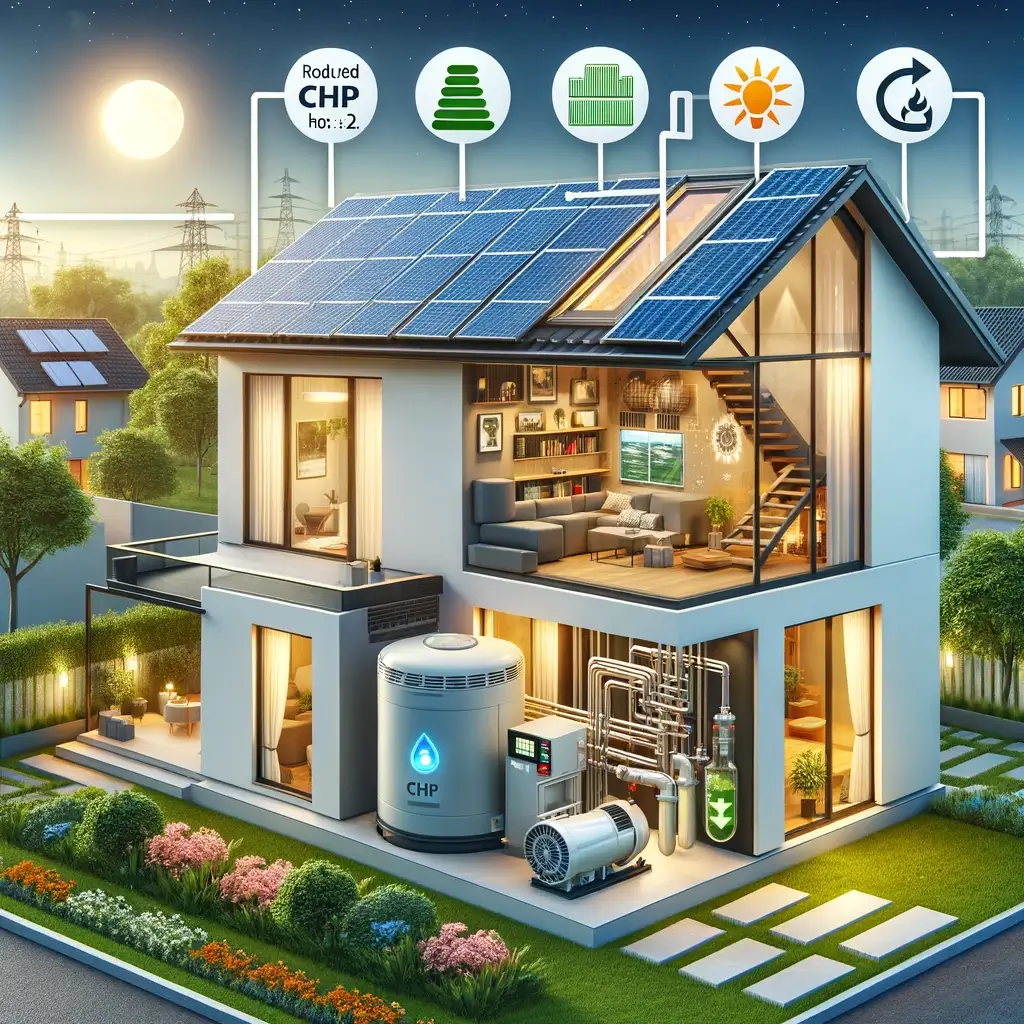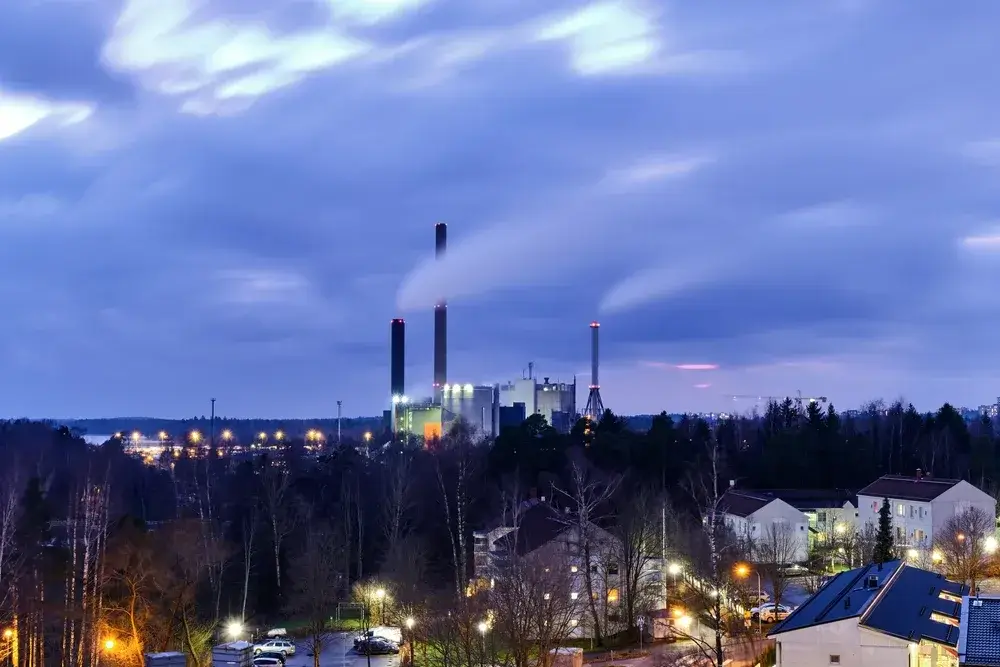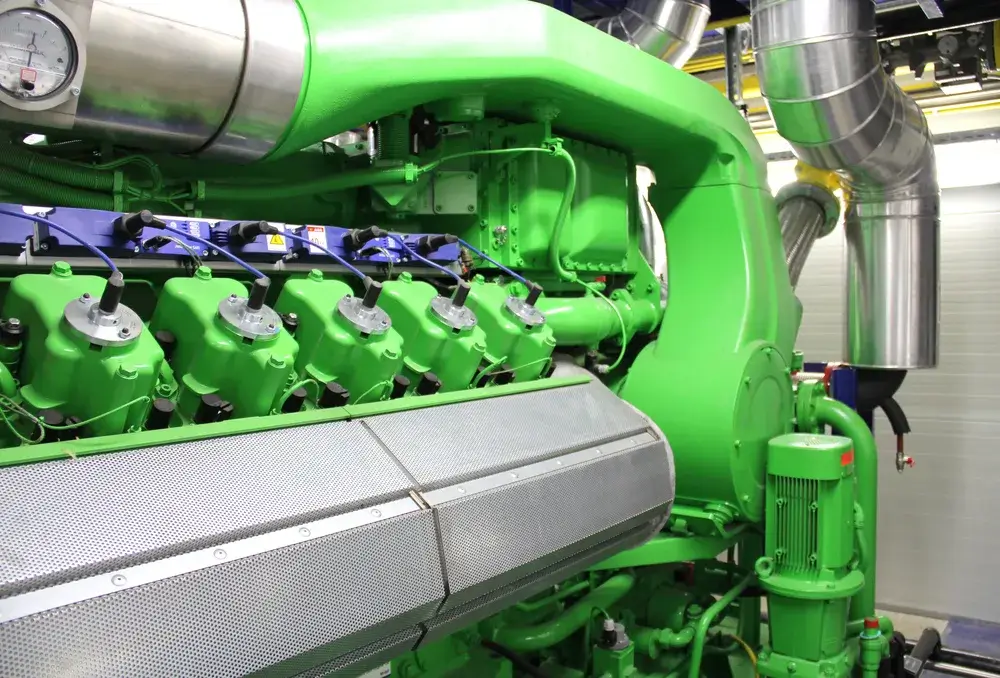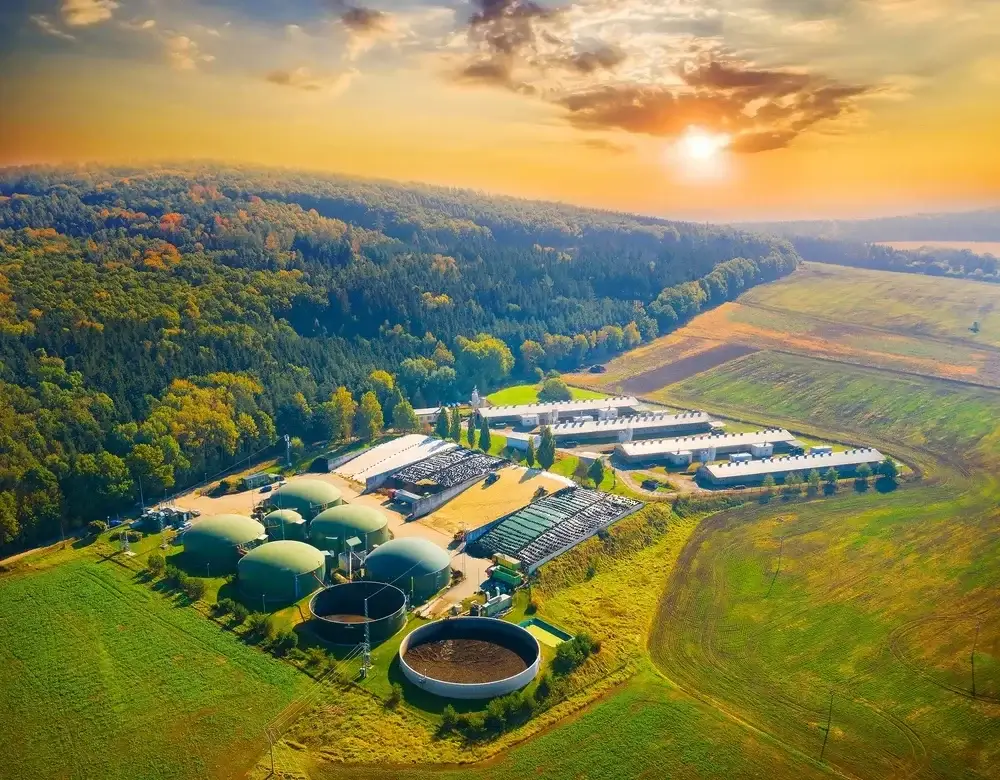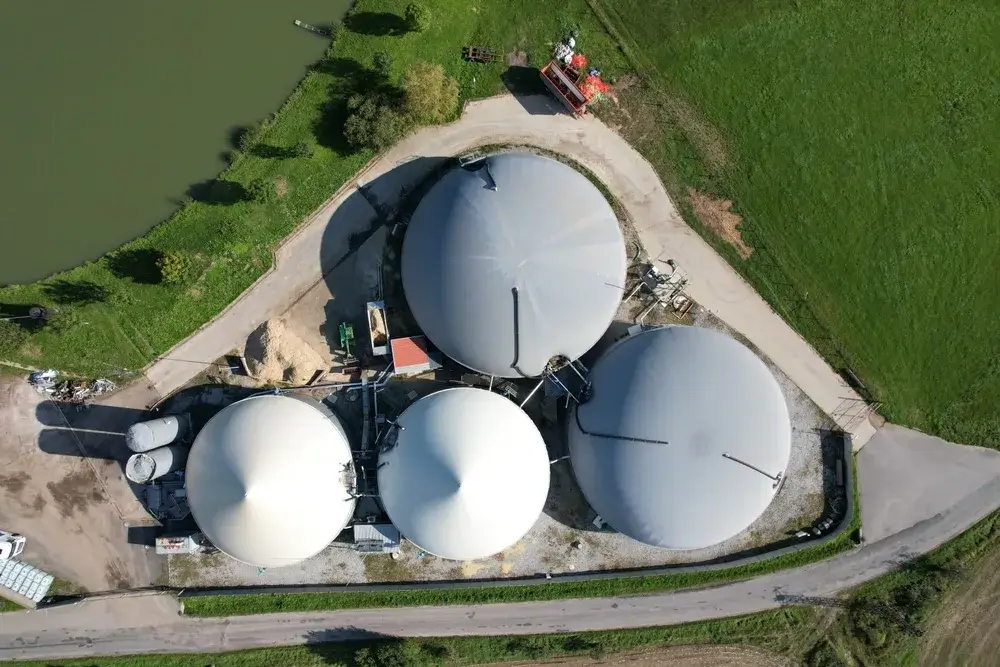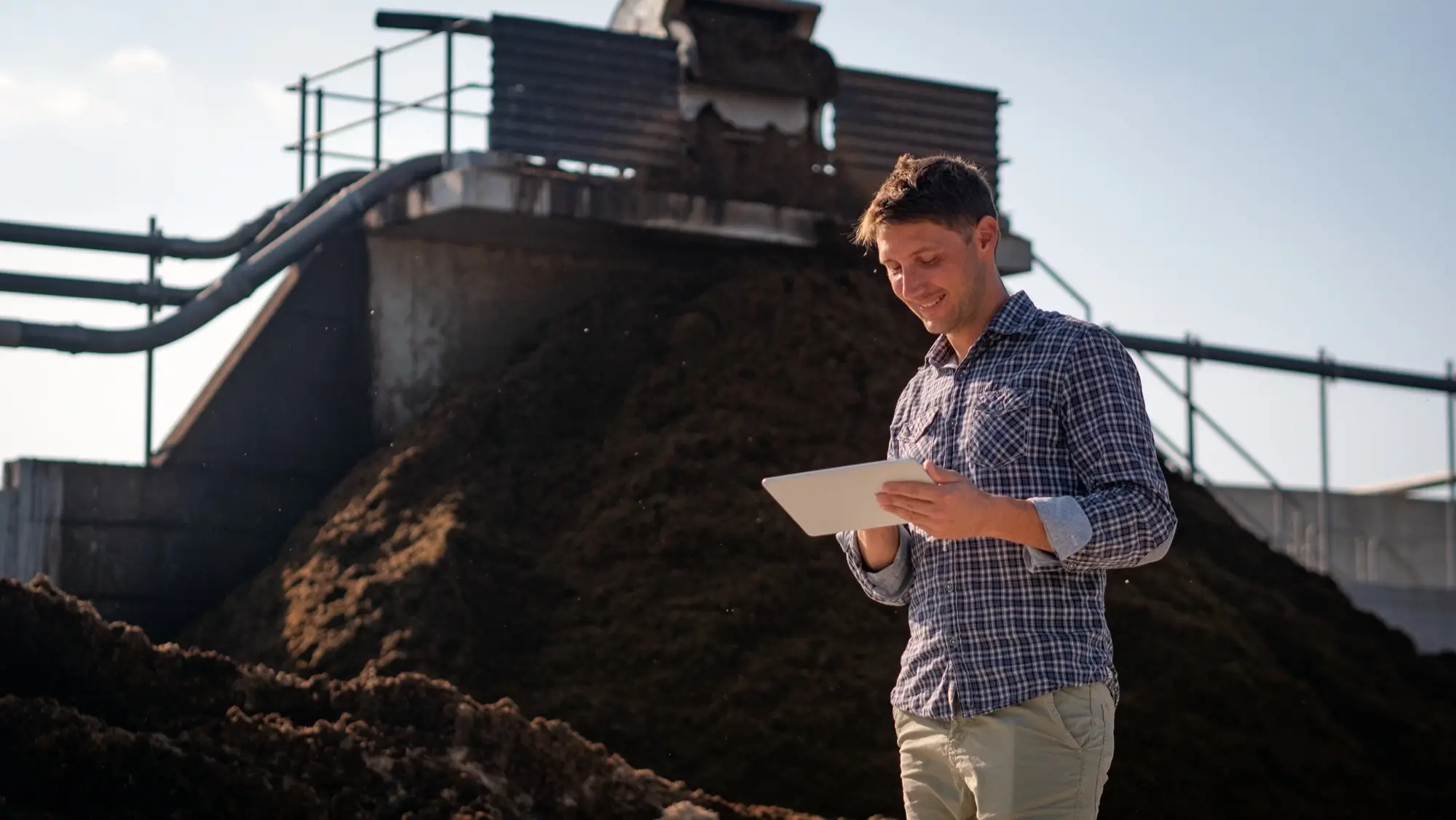Is biogas truly eco-friendly?
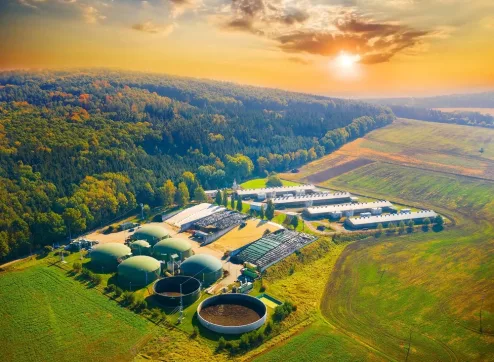
Biogas is frequently regarded as a green alternative to fossil fuels and offers a more sustainable energy future. Derived from organic waste, it combines waste recycling with energy generation. However, how environmentally friendly is biogas in reality?
While the production of biogas offers clear advantages, there are also concerns and challenges. This article explores both sides of the coin and examines the true environmental impact of biogas.
Basics of Biogas: From Waste to Energy
Biogas, a mixture of methane, carbon dioxide, and other gases, is produced through the anaerobic decomposition of organic materials such as agricultural waste, food residues, and animal by-products.
This natural process is utilized in biogas plants to harness energy. In comparison to other gases like natural gas, biogas is primarily composed of renewable resources, rendering it as a green energy source.
Biogas Plants: A Comprehensive Guide to Biogas Production
Our comprehensive guide to biogas plants. Learn how a biogas plant works, from anaerobic digestion in the digester to biogas production from organic waste, animal manure, and food waste.
Environmental benefits: Biogas in the green spotlight
Biogas offers several environmental benefits. The use of organic waste for energy production reduces the amount of greenhouse gases in the atmosphere, as the methane from the waste is utilized for energy instead of being released. Additionally, biogas production reduces the reliance on landfills and fossil fuels, thereby contributing to a more sustainable energy future.

Challenges and Concerns: Drawbacks of Biogas
Despite its advantages, biogas also presents challenges. One of the major concerns is the potential use of agricultural land for energy crops rather than food, which can result in changes in land use and competition for food resources.
Similarly, methane emissions can occur during improper storage and processing. Additionally, the treatment of biogas into biomethane, which is then supplied to the natural gas network, requires additional energy.
Technological Advancements: The future of environmentally-friendly biogas
The technology surrounding biogas is continuously advancing. Innovations in extraction and processing are enhancing efficiency and reducing environmental impact.

Furthermore, advancements allow for the integration of biogas into renewable energy systems, facilitating a seamless integration with solar or wind energy. Additionally, continuous research is being conducted to explore new, more environmentally friendly sources of raw materials for biogas production.
Conclusion: A balanced perspective on biogas
Overall, biogas has both advantages and disadvantages in terms of its environmental friendliness. While there are undeniably positive aspects such as the reduction of greenhouse gases and the utilization of waste, it is crucial to acknowledge and address the accompanying challenges.
In order to achieve a sustainable energy future, biogas should be examined within the context of a wider renewable energy mix, necessitating ongoing innovation and adjustments to maximize its environmental friendliness.


